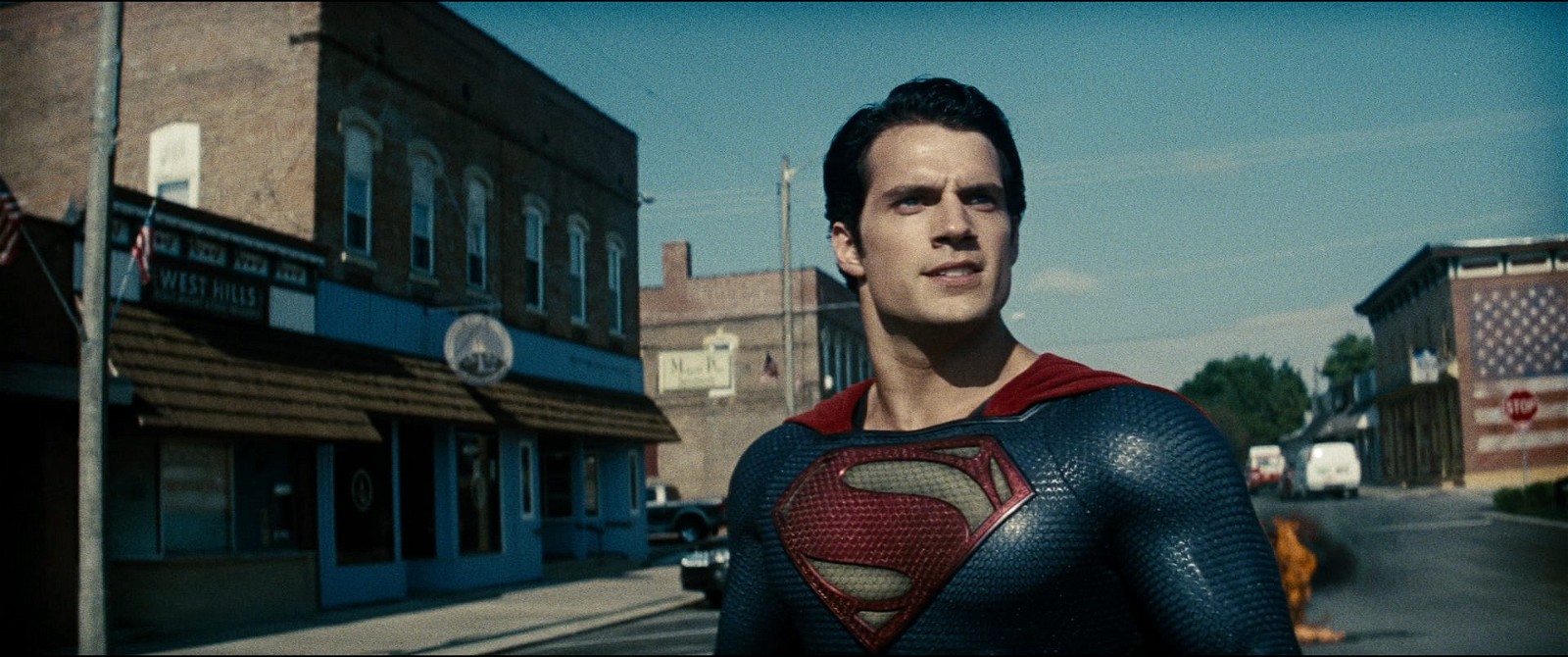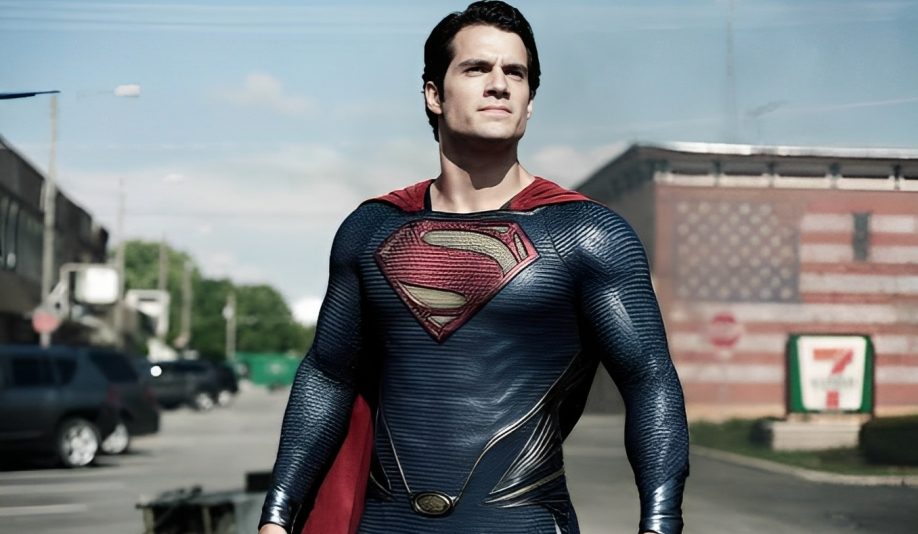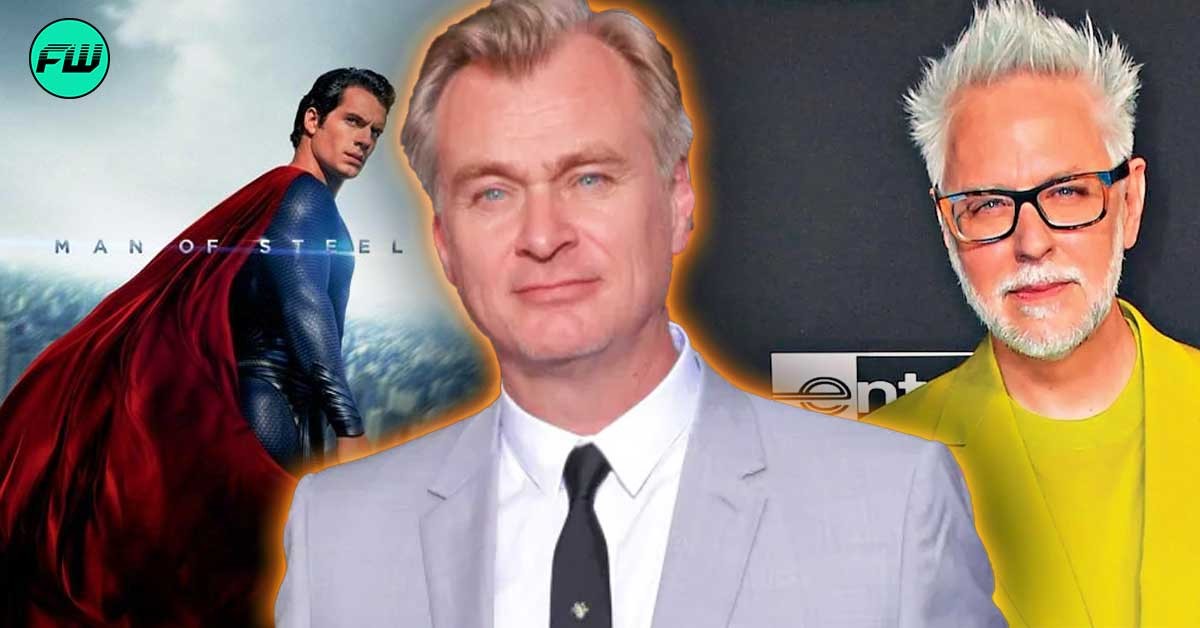Man of Steel often takes a back seat to its sequels, Batman v Superman: Dawn of Justice and Justice League, but there was a time when Zack Snyder’s Superman reboot stirred significant controversy. One pivotal point of contention was the film’s conclusion, in which Superman (Henry Cavill) fatally dispatches Zod (Michael Shannon) by twisting his neck, prompted by Zod’s unyielding intent to incinerate a family with his heat vision.

Before fans engaged in debates over this scene, the production team grappled with the same concerns, with producer Christopher Nolan being one of the initial skeptics. In 2008, Warner Bros. initiated the process of soliciting ideas for a fresh Superman film, entertaining pitches from both comic book writers and filmmakers. Among them, Mark Waid proposed an adaptation of his own work, Superman: Birthright, a reimagining of Superman’s origin tailored for the 21st century.
Grant Morrison’s Pitch Went In Vein
Grant Morrison’s proposal shared a resemblance to their celebrated work, All-Star Superman. Meanwhile, Mark Millar and Matthew Vaughn embraced the most audacious concept, aspiring to create an expansive eight-hour saga that would encompass the entirety of Superman’s existence—from his birth on Krypton to his solitary existence as the last living being on Earth, witnessed as the sun underwent a supernova.

None of these proposals moved forward, but in 2009, a court ruling granted the Jerry Siegel estate 50% ownership of the rights to Superman’s origin story and his debut appearance in Action Comics #1. Furthermore, it stipulated that if Warner Bros. did not commence production on a new Superman film before 2011, the Siegel family could pursue legal action for lost earnings. This legal development prompted Warner Bros. to accelerate their efforts, recognizing the need to fairly compensate the creators of characters that had generated millions for the company.
Fortuitously for Warner Bros., Christopher Nolan came to their aid. While working on The Dark Knight Rises, screenwriter David Goyer presented Nolan with a contemporary reinterpretation of Superman. Nolan subsequently presented this concept to Warner Bros., and it was this proposal that served as the foundation for Man of Steel.
Grant Morrison Didn’t Agree With Zack Snyder
Grant Morrison expressed his skepticism regarding Zack Snyder’s rationale, stating that they couldn’t relate to the notion that the last ethical choice they made involved taking someone’s life. They questioned the assumption that people would naturally make such a lethal decision if placed in Superman’s position and confronted with a challenging dilemma like killing Zod, highlighting the rarity of individuals having experienced such actions.

“Superman would have got Zod and flew him to the moon and punched the sh*t out of him on the moon. Superman thinks ‘Zod’s getting his powers from the sun, but he’s only been here for a few weeks, he won’t be that powerful. So it’s basically my power against his.’ That’s what happens in my scene. Then he hits him to Mars. Then he hits him to Pluto. The two of them punching it out on the barren, black landscape of Pluto,” Morrison said.
Morrison’s proposal, while incompatible with the somber tone of Man of Steel, adheres to a different narrative objective. Morrison has a fondness for the Silver Age, a time when superheroes embraced their sillier and more inspirational aspects. It’s a period of comic storytelling that “Man of Steel” perhaps prematurely dismissed and should have remembered more fondly.
Man of Steel can be streamed on HBO Max.
Source: Slashfilm

